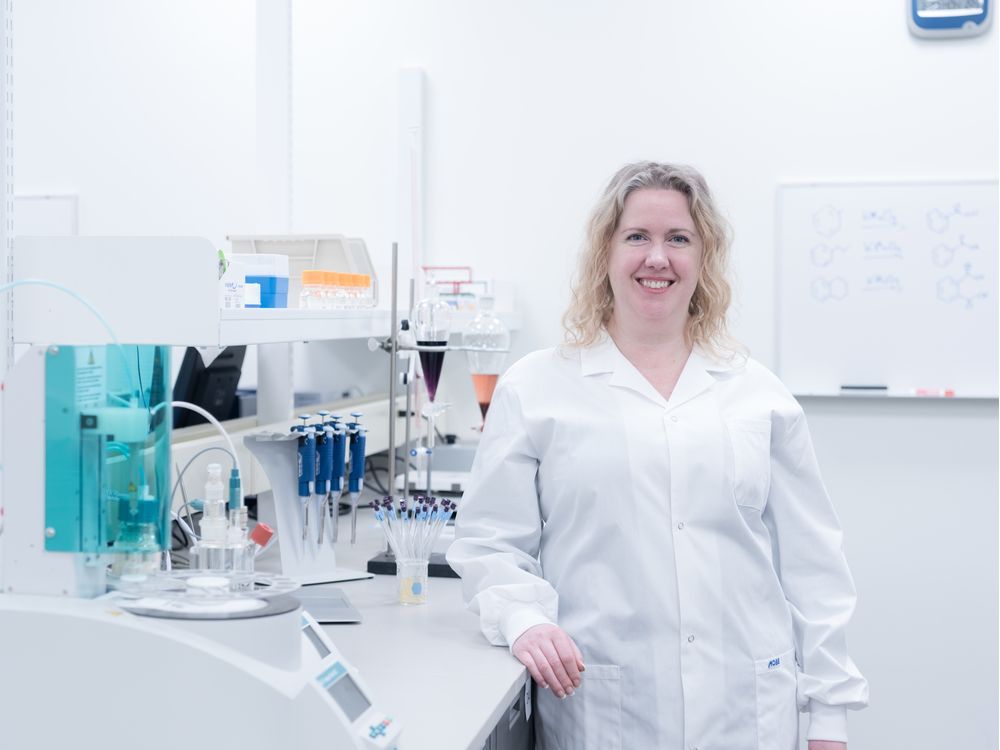Tipsy from kombucha? BCIT researchers test popular drink for alcohol

Credit to Author: Tiffany Crawford| Date: Fri, 08 Nov 2019 22:22:18 +0000
If you’re feeling a buzz off your kombucha, it might be more than just the health kick.
Researchers at BCIT and the BC Centre for Disease Control are testing more than 700 samples from around the province of the popular fermented beverage for alcohol levels.
The drink, which is a slightly effervescent health drink made with a culture and mixed with tea, typically contains trace amounts of alcohol, but some conditions such as temperature and storage time can result in higher amounts of ethanol.
Researchers say some kombucha samples have shown alcohol amounts similar to beer or cider.
BCIT’s Natural Health and Food Products Research Group and the BC Centre for Disease Control are testing more than 700 kombucha samples from around the province for alcohol levels.
This could could have serious implications for alcoholics, pregnant women, or people who are drinking kombucha as a healthy alternative to booze, said Dr. Paula Brown, director of BCIT’s Natural Health and Food Products Research Group.
Brown said they are testing kombucha from grocery stores, farmers markets, retailers, and manufacturers with a plan to make recommendations on how to best produce and properly store the product.
“People say as long as it’s in the fridge it’s not fermenting but we have definitely seen bottles past the expiration date in the fridge with more than four per cent alcohol, which means it always had that much or it can still ferment in the fridge,” she said.
Kombucha is marketed and labelled as non-alcoholic because the level of alcohol produced during the fermentation process usually falls below the regulatory threshold. However, the alcohol level in the drink can continue to rise depending on how long it has been sitting in the storage facility.
Brown said the alcohol content depends on how much sugar the brewer puts in and how long they brew it.
Many people brew kombucha at home and are probably very familiar with the process making it much more safe, said Brown, but there is concern when the product is being mass produced and stored.
She noted that some of the kombucha consumers buy at the supermarket are pasteurized, and that process halts the fermentation because it kills the active yeast.
“After they halt the ethanol production they add the microbials back in so it would still have probiotic activity. Some purists would say that is not really kombucha,” she said.
“Well no it’s not the same but it definitely does not have over the legal limit of alcohol either.”
For those who shouldn’t drink alcohol, like children or someone who is pregnant, even one per cent or more alcohol can be a problem, she said.
The Centre for Disease Control wouldn’t randomly take kombucha off the shelf and test it unless there was a reason to do so, but with studies showing samples of the fermented drink with higher levels than is allowed for a non alcoholic beverage, the BCCDC became concerned and began testing.
In B.C., beverages with less than one per cent alcohol are not considered to be alcohol.
BCIT and the BCCDC are expected to make recommendations when the testing is complete likely at the end of the month.